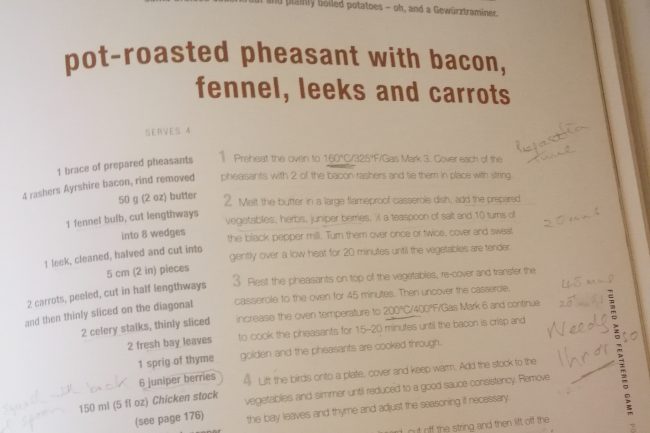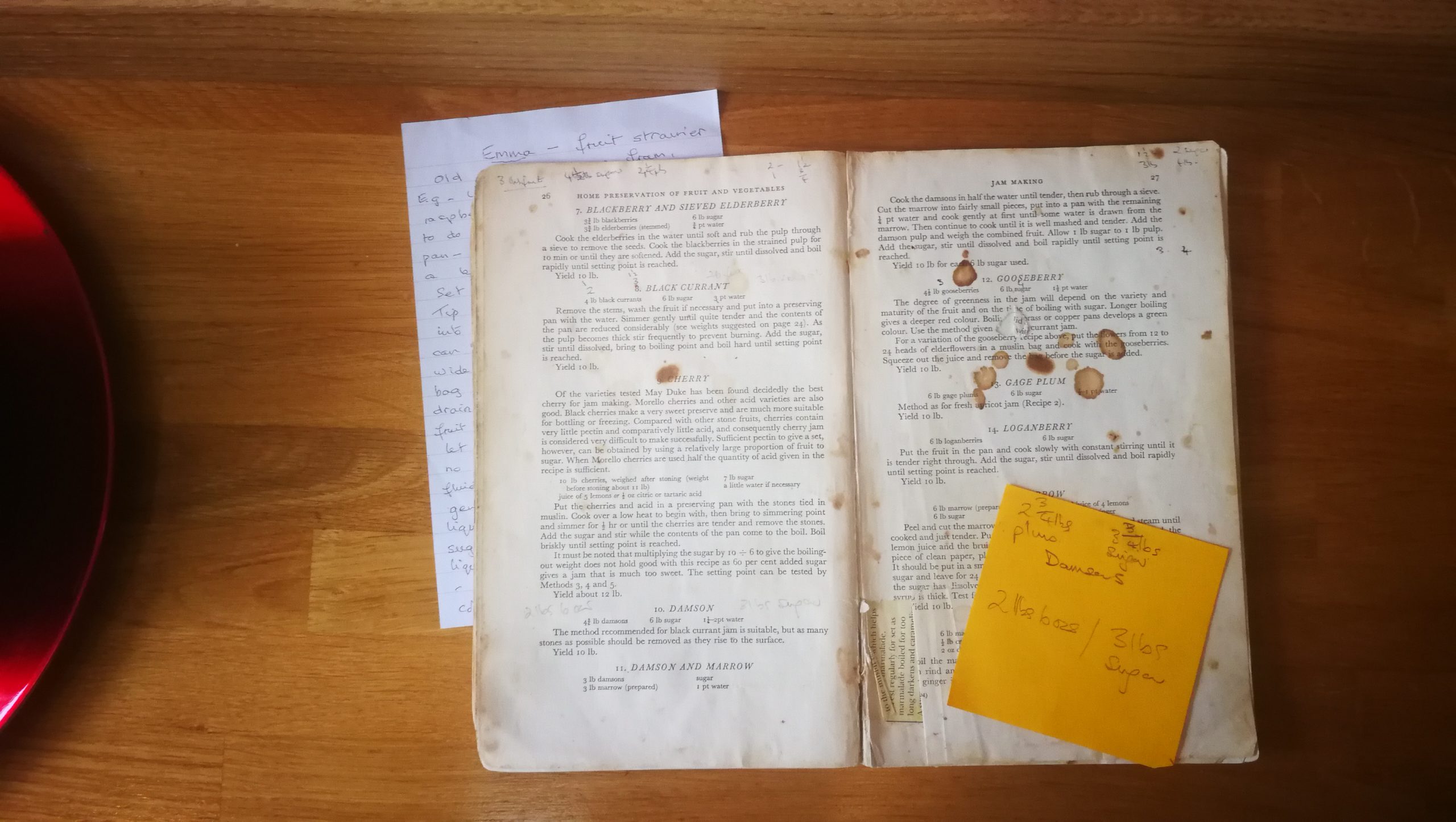Revel in Recipes
They are the original meal plan and – far more than an instruction manual – they have stood the test of time in communicating skill, culture, flavour and nourishment. They can teach us so much, and there is arguably more benefit than we might appreciate.
Have you ever had a meal plan or diet that you have struggled to stick with?
Life is fluid and flows with daily changes. Most of them are small but frequent. For example, you might not have enough time for making breakfast, you eat differently to your children or partner, you’re too tired to cook, or you’re just feeling rubbish because you’re stuck in Lockdown(!) … It all puts pressure on what should ideally be an enjoyable and beneficial process: the preparing and eating of food.
A snap shot dietary analysis can tell you a lot, like whether you’re reaching healthy targets for energy intake, vitamins and minerals, or getting enough fibre… but unlike life, this isn’t as flexible. A rigid meal plan doesn’t tell you what and when to achieve the above, in your living situation. It is simply a baseline. Nor does it help you to enjoy and adapt to changes that will last.
Your nutrition should always start with you.
In clinic, I tend to offer a recommended foods list which incorporates whole foods that are selected by the client as well as the foods they already eat. It’s a true baseline that provides the variety and diversity needed without the rigidity of meal planning. I ensure that a client can both afford and enjoy them in their daily routine. Tweaking their diet, rather than an overhaul. Getting this right, means that the recipe revolution can begin!
I’m an advocate for experimenting with food, enjoying the longer process of gaining knowledge and skills, for long term nutrition goals. Regardless of what the goals might be, I highly recommend taking a small amount of time – even 15 or 30 mins a week (but certainly much more if you’re keen) – to take a look at recipes and start to explore.
 They don’t have to be books but if you have them, keep them in view and browse when you can (caution: perhaps not when you’re hungry and there’s none of the ingredients in the fridge). Google has a deluge of inspiration when it comes to recipes. Save them or screenshot them on your phone. Pick a time to use just one recipe – to begin with – and give yourself the opportunity to reflect on it.
They don’t have to be books but if you have them, keep them in view and browse when you can (caution: perhaps not when you’re hungry and there’s none of the ingredients in the fridge). Google has a deluge of inspiration when it comes to recipes. Save them or screenshot them on your phone. Pick a time to use just one recipe – to begin with – and give yourself the opportunity to reflect on it.
You could even write a recipe down with personal comments or add your notes in the recipe book itself. I think grandmothers are the founders of this technique… In this post I have included some of the many pages that have been handed down to me from my grandmother.
Be prepared to fail on occasion but make a note where things might have gone wrong, so you can try again. It’s unlikely that Rick Stein or Delia Smith burnt your dinner…
The beauty of recipes is that they don’t simply teach you about flavour combinations, cooking techniques, timings and portions. Although, they are the essential skills required for a creative in the kitchen. They also teach you about the ingredients themselves, often giving history of origin, guidance on where to select the best or outlining more ethical and sustainable produce.
Recipes that respect the role of food in health with a chef, dietitian or nutritionist narrative, act as gatekeepers to our food system. Often focusing on affordable, healthful, cultural and environmental relevances – widening the scope and importance for good nutrition.
The bottom line is that recipes will be able to fit or adapt to an omnivorous (meat eating), vegetarian or health promoting diet. But most importantly they naturally fit to you in your life and your nutrition should always start with you.

